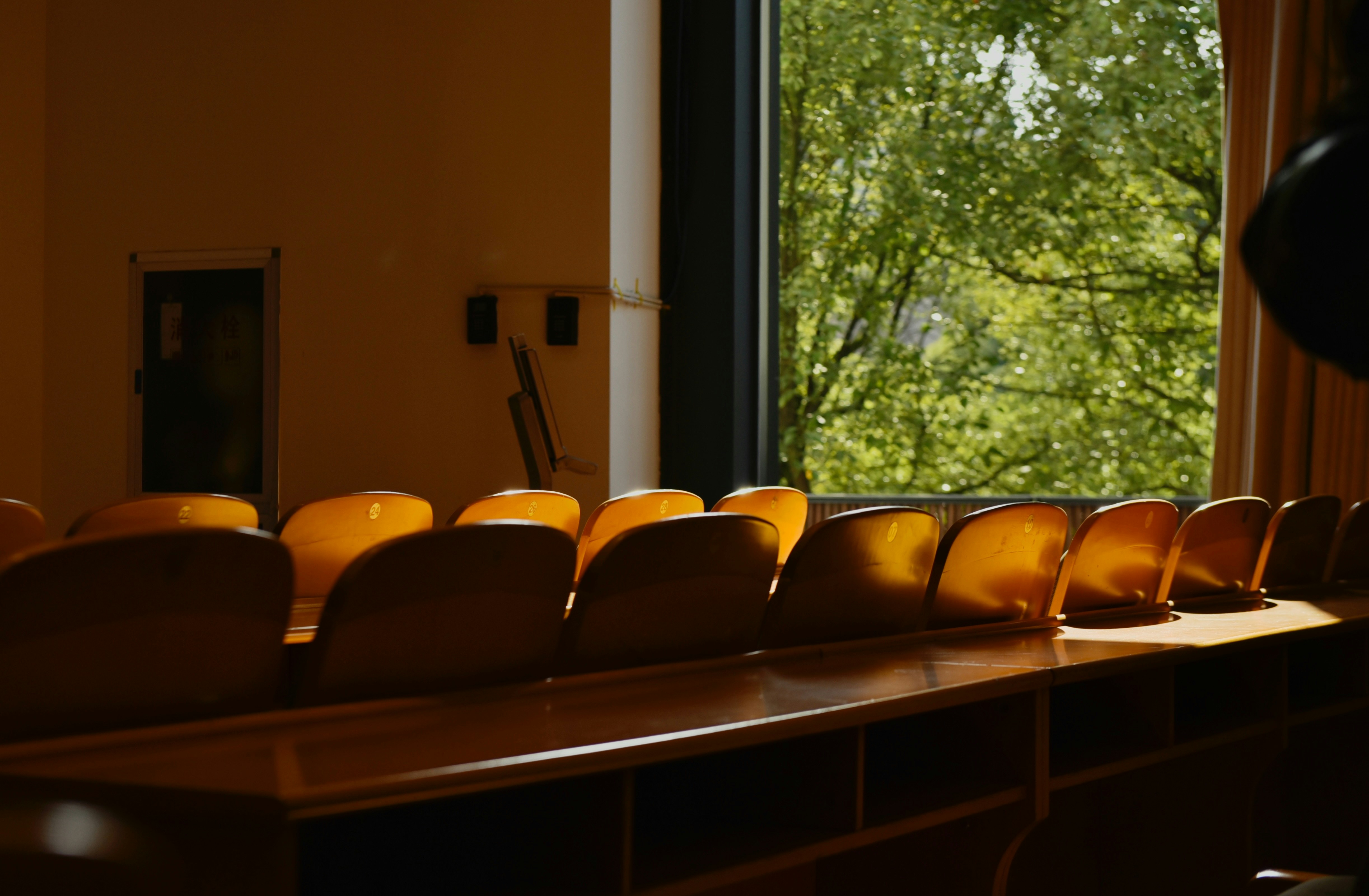What is a Basha inquiry?
A ‘Basha inquiry’ is a part of judicial procedure where a judge may order the cross-examination of a prosecution witness before a trial begins and in the absence of the jury.
The procedure’s name comes from the NSW case of R v Basha (1989) 39 A Crim R 337 in which an inquiry of this nature was first formally adopted.
A Pre-Trial/Voir Dire Proceeding
A Basha Inquiry is a pre-trial hearing, also known as a ‘voir dire’. This means that a Basha takes place before a trial begins and before any other evidence has been called. Importantly, this also means that no jury is present during a Basha inquiry and any evidence that seeks to be adduced after the inquiry generally needs to be recalled once the trial begins.
What is the purpose of a Basha inquiry?
The purpose of a Basha inquiry is to avoid unfairness towards an accused in relation to evidence that the prosecutor is seeking to adduce at trial. Unfairness for this purpose can stem from a variety of scenarios.
- New witnesses are called or new statements are served after a committal hearing
Most commonly, a Basha inquiry is held when potential evidence arrives at some later stage from a new witness after the committal hearing. In indictable matters before a matter goes to trial in a higher court, part of the committal process is that the matter may go to committal hearing in a lower court. The purpose of a committal hearing is for the defence to explore evidence at an early stage to test whether the case warrants being committed to a higher court for a later trial. At this point defence can apply to cross-examine any witness on the prosecution witness list.
New witness statements served by the prosecution after this point have not been subject to this process and the defence has not had an opportunity to explore the evidence before trial begins, potentially resulting in unfairness for the accused. This unfairness may be alleviated by the Judge ordering a Basha inquiry.
- Confusion or uncertainty arising from the prosecution brief
Another reason a Basha Inquiry may be called is if there is confusion or uncertainty arising out of some aspect of the DPP evidence or from something a witness has indicated in a statement. One example is in the matter Kennedy v R (1997) 94 A Crim R 341, where there was confusion in the statement of a complainant as to when an offence occurred.
- Inconsistency in witness statements
Inconsistencies in witness statements may also give rise to a Basha Inquiry, especially in cases where a witness has later resiled from a statement or evidence given at an earlier stage; see for example in R v Ibrahim [2007] NSWSC 1140.
Who has the onus?
The case of R v Stanford (1994) 33 NSWLR 172 at [181] holds that when applying for a Basha inquiry the defence has the onus to prove that ‘the disadvantage or prejudice which he would otherwise suffer during the course of the trial is in a relevant sense unacceptable, to the extent that the trial would be unfair’.
Should you or someone you know be charged with an offence, it is essential you receive legal advice from an experienced criminal defence lawyer at any early stage. To discuss your options, call Hugo Law Group in Sydney, NSW (02 9696 1361), Canberra (02 5104 9640), Perth (08 6255 6909) or Northern NSW (02 5552 1902) to make an appointment to speak to one of our lawyers.
